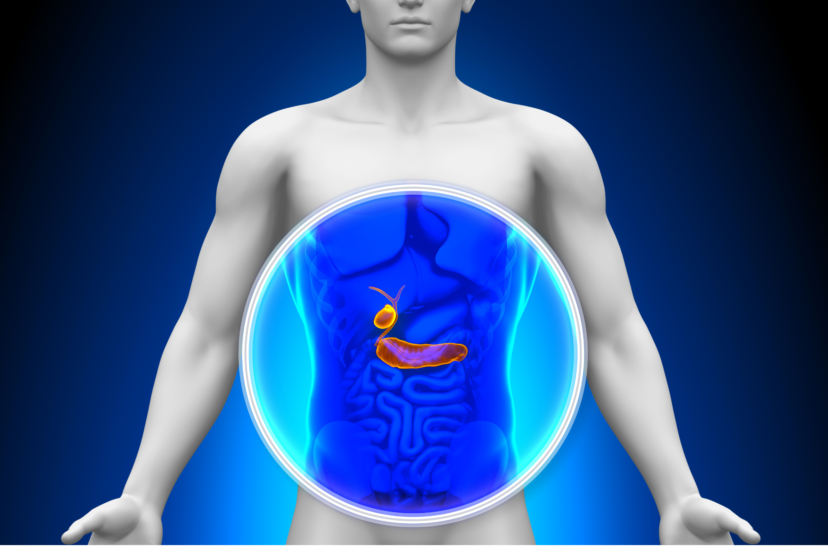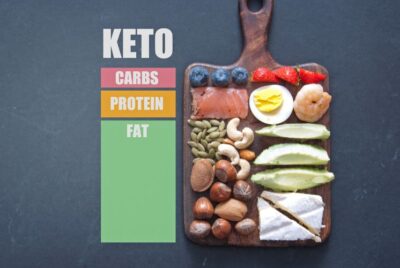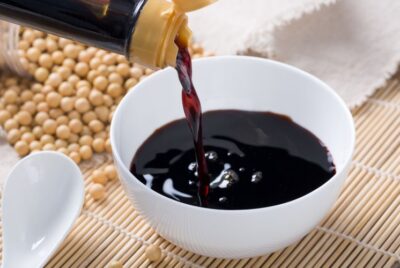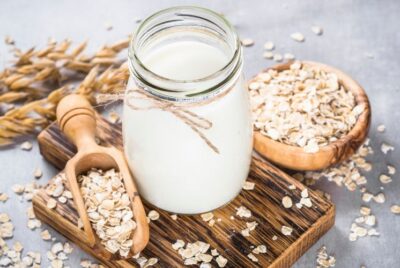Keto Diet Without a Gallbladder: Navigating the Path to Success
Introduction
As an enthusiast and advisor, I understand the challenges of following a keto diet without a gallbladder. The gallbladder plays a vital role in fat digestion and bile regulation, making it important to adapt your approach. In this article, I will guide you through the process and provide helpful suggestions to ensure your success on a keto diet without a gallbladder.
What Does the Gallbladder Do—And Why It Matters on Keto
The gallbladder, a small organ located beneath the liver, is responsible for storing bile and releasing it into the small intestine to aid in fat digestion. It plays a crucial role in emulsifying fats, allowing enzymes to break them down effectively. Additionally, the gallbladder helps regulate the flow of bile, ensuring optimal digestion and absorption of nutrients.
The gallbladder stores and concentrates bile, a digestive fluid produced by the liver. When you eat fat, the gallbladder releases bile into the small intestine to help break it down.
Without a gallbladder:
- Bile drips continuously into the digestive tract (not in controlled bursts)
- Fat digestion becomes less efficient
- High-fat meals may cause bloating, nausea, or diarrhea
Because keto is a high-fat diet, this presents a challenge—but not an insurmountable one.
Challenges of Following a Keto Diet without a Gallbladder
Fat Digestion and Absorption
Without a gallbladder, the process of fat digestion and absorption can be compromised. The absence of a storage organ means that bile is continuously released, leading to a reduced concentration of bile salts and potential difficulties in emulsifying fats. This can result in digestive issues such as diarrhea, bloating, or discomfort when consuming a high-fat diet.
Bile Regulation
The gallbladder normally releases bile in response to the presence of fatty foods. Without a gallbladder, the continuous flow of bile can make it challenging to regulate the release of bile salts efficiently. This can lead to insufficient bile during meals, affecting the breakdown and absorption of fats.
Nutrient Absorption
The gallbladder plays a role in the absorption of fat-soluble vitamins, such as vitamins A, D, E, and K. Without proper fat digestion and bile regulation, the absorption of these essential nutrients may be compromised. It’s crucial to find alternative strategies to optimize nutrient absorption while following a keto diet without a gallbladder.
Tips for Following a Keto Diet without a Gallbladder
1. Gradual Fat Adaptation
When starting a keto diet without a gallbladder, it’s essential to ease into higher fat consumption gradually. This allows your body to adjust and adapt to the increased fat intake over time. Begin by incorporating moderate amounts of healthy fats into your meals and gradually increase them as your body adjusts.
2. Choose Healthy Fats
Opt for healthy, easily digestible fats when following a keto diet without a gallbladder. Focus on sources such as avocados, olive oil, coconut oil, nuts, and seeds. These fats are generally well-tolerated and provide a range of beneficial nutrients.
3. Optimize Digestion with Enzymes
Supplementing with digestive enzymes that contain lipase can assist in breaking down fats more efficiently. These enzymes can support fat digestion and alleviate digestive discomfort associated with a high-fat diet. Consult with a healthcare professional to determine the appropriate enzymes and dosage for your specific needs.
4. Monitor Portion Sizes
Keeping an eye on portion sizes is especially important when consuming higher amounts of fat on a keto diet—this is even more crucial for those with compromised digestion or without a gallbladder. Using a digital kitchen scale or portion-control containers can help you stay consistent without overthinking every meal. Listen to your body’s cues—fullness, bloating, or fatigue—and adjust your portion sizes accordingly to support both comfort and progress.
5. Stay Hydrated
Proper hydration is crucial for overall digestion and maintaining adequate bile flow. Drink plenty of water throughout the day to support digestion, prevent constipation, and ensure optimal nutrient absorption. Adequate hydration can also help alleviate symptoms like bloating or diarrhea that may arise when following a keto diet without a gallbladder.
6. Consider Supplementing with Bile Salts
Consult with a healthcare professional about the possibility of supplementing with bile salts. Bile salts can help compensate for the absence of a gallbladder by aiding in fat digestion and promoting proper bile regulation. A healthcare professional can guide you on the appropriate dosage and duration of supplementation.
7. Adjusting Macros and Meal Timing
Individuals without a gallbladder may benefit from adjusting their macronutrient ratios when following a keto diet. Increasing protein and fiber intake while moderating fat can help support smoother digestion and reduce discomfort. Incorporating easily digestible protein powders—such as grass-fed collagen peptides or whey isolate—can be a gentle way to meet protein goals without burdening the digestive system. Adding a fiber supplement, like acacia fiber or chia seeds, can also support gut health and regularity. To improve fat digestion, spacing out meals and using a digestive enzyme supplement with bile salts can be especially helpful for those without a gallbladder.
8. Incorporating Fiber and Nutrient-Rich Foods
Include fiber-rich foods in your keto diet to support bowel regularity and overall digestive health. Sources such as non-starchy vegetables, flaxseeds, chia seeds, and psyllium husk can provide valuable fiber while being gentle on the digestive system. Additionally, incorporating nutrient-rich foods like leafy greens, fish, lean meats, and low-carb fruits can ensure you obtain essential vitamins and minerals.
Foods to Focus On
| Safe Fats & Oils | Lean Keto Proteins | Low-Carb Veggies |
| MCT oil | Chicken breast/thigh | Spinach, kale, zucchini |
| Avocados | Salmon, sardines | Broccoli, cauliflower |
| Olive oil | Eggs | Asparagus, cucumbers |
| Ghee (in small amounts) | Grass-fed beef (moderation) | Green beans, cabbage |
Signs You’re Adapting Well
- No digestive discomfort after meals
- Stable ketone levels
- Clear mental focus and steady energy
- Regular bowel movements (not too loose or too infrequent)
Conclusion
Following a keto diet without a gallbladder is possible with the right approach and awareness of the challenges involved. By implementing the tips and suggestions outlined in this article, you can navigate the path to success. Remember to listen to your body, make gradual adjustments, and seek professional guidance when needed. Embrace this journey with confidence, and enjoy the benefits of a well-managed keto diet without a gallbladder.
Frequently Asked Questions (FAQs)
1. Can I still achieve ketosis without a gallbladder? Yes, it is still possible to achieve ketosis without a gallbladder. However, it’s important to be mindful of fat digestion and absorption. Gradual adaptation, choosing healthy fats, and optimizing digestion through enzyme supplementation can help support ketosis.
2. Should I be concerned about nutrient deficiencies without a gallbladder? Without a gallbladder, there may be a slightly increased risk of nutrient deficiencies, especially fat-soluble vitamins. To minimize this risk, focus on incorporating nutrient-dense foods, consider supplementation if necessary, and consult with a healthcare professional for personalized guidance.
3. Can I experience digestive issues when following a keto diet without a gallbladder? Digestive issues such as diarrhea, bloating, or discomfort can occur when following a keto diet without a gallbladder. By gradually adjusting fat intake, choosing healthy fats, and optimizing digestion, you can minimize these issues and support overall digestive health.
4. Are there any long-term health risks associated with following a keto diet without a gallbladder? While following a keto diet without a gallbladder is generally safe, it’s important to monitor your overall health and digestion. If you have concerns or experience persistent issues, consult with a healthcare professional to ensure long-term well-being.
5. Can I still enjoy the benefits of weight loss on a keto diet without a gallbladder? Yes, weight loss can still be achieved on a keto diet without a gallbladder. By following the tips provided, ensuring proper digestion, and maintaining a well-balanced approach, you can experience the benefits of weight loss and improved overall health.




